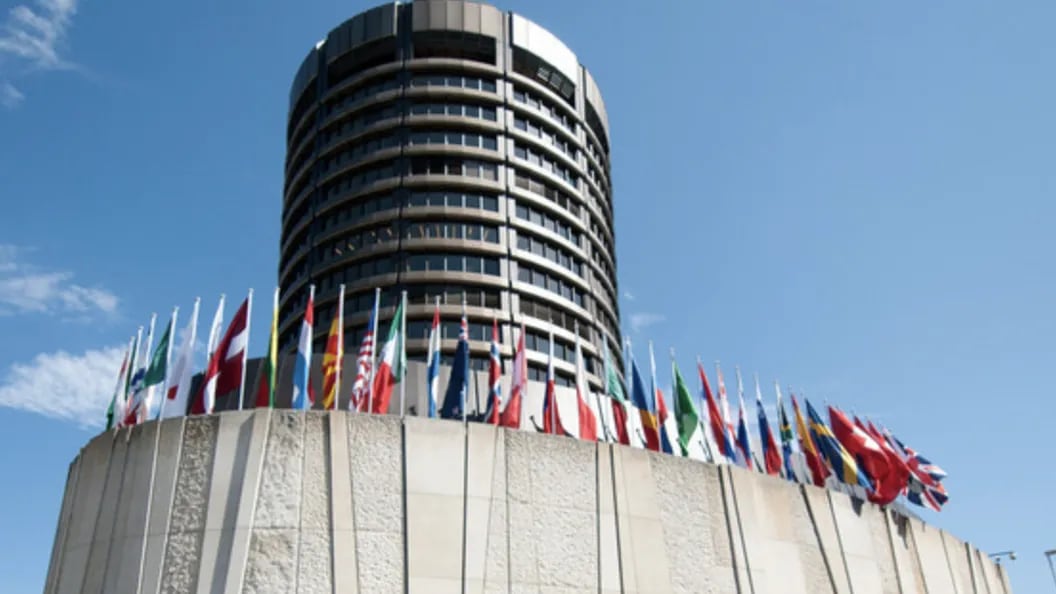
Overview
An international payments initiative named mBridge, supported by China, the UAE, Thailand, and Hong Kong, is coming under scrutiny in Washington.
Highlights
- mBridge employs decentralized ledger technology to expedite payments by eliminating the need for intermediary banks.
Recent Developments
On October 28, discussions among senior officials from the Swiss-based Bank for International Settlements (BIS) raised doubts regarding the future of mBridge. Concerns were exacerbated by remarks made by Russian President Vladimir Putin.
During the BRICS Summit in Kazan, President Putin proposed an alternative for international payments that could potentially rival SWIFT, garnering a muted reaction from some BRICS nations.
Managed by the central banks of China, Thailand, the UAE, Hong Kong, and with Saudi Arabia recently joining, mBridge aims to provide a faster and cheaper method for international money transfers.
The project became operational with its minimum viable product (MVP) this June, enabling banks to conduct various transactions. As of October 2024, it includes 32 observing members and 39 commercial banks.
Quotes
Li Shu-Pui, an advisor from the Central Bank of the U.A.E., remarked, “In a test in February, we transferred money from a bank in Abu Dhabi to one in Beijing in just ten seconds.”
Translation: En una prueba en febrero, transferimos dinero de un banco en Abu Dhabi a uno en Pekín en solo diez segundos.
BIS’s internal materials describe mBridge as “a public good,” asserting that it can enhance financial inclusivity. However, critics express concern regarding the project’s geopolitical implications and the risks that come with relying on technology developed by China, especially as global strategies shift towards dedollarization of the economy.
In 2022, Yaya J. Fanusie stated that the project’s announcement should alert U.S. policymakers aiming to maintain influence over the financial system.
Translation: La noticia del proyecto debe servir como un llamado de atención para los responsables políticos de EE. UU. que desean mantener su influencia sobre el sistema financiero.


